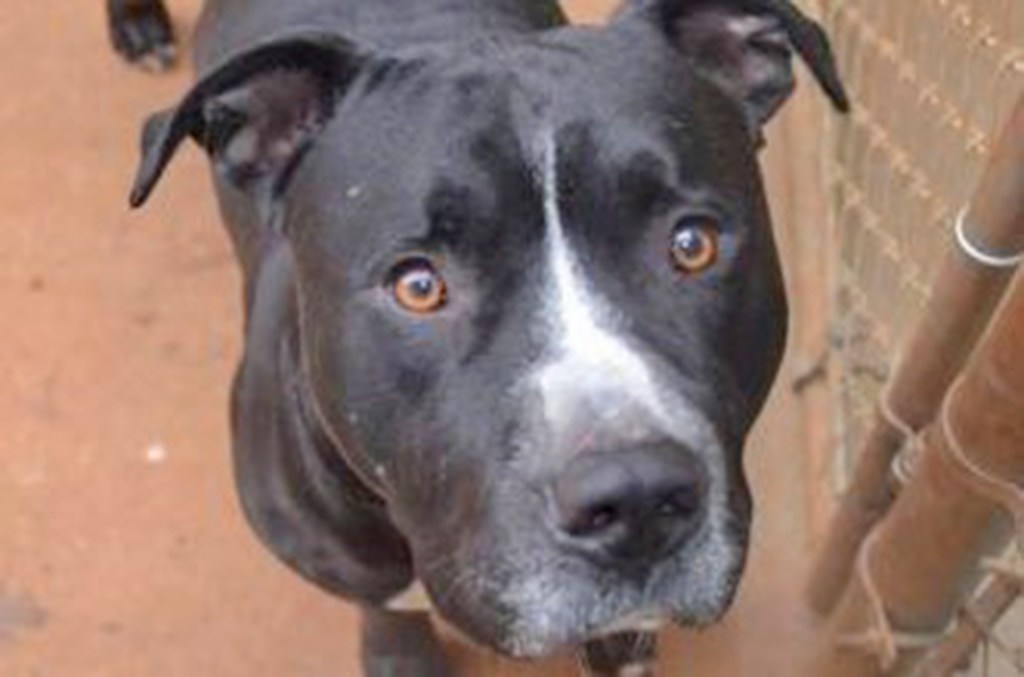Pets and the People Who Love Them
Published 12:00 pm Thursday, January 18, 2018

- Heath Bar, Sasha, Sugg and Titan urgently need foster, rescue, or adoption as soon as possible. They range from 10 months to full grown and are a variety of breeds. Visit the shelter to learn more about them and all the other dogs and cats waiting for forever homes.
A friend recently experienced the death of her 17-year-old dog. She knows her pet lived a good, long life, but her grandchildren are — very naturally — grieving the loss of a family member and friend.
The following from the California Veterinary Medical Association may help them and others dealing with a painful loss.
The grief process is a continuum, with each family member handling pet loss in his or her own way.
“We love our pets and will feel grief when they die,” said Dr. Jeff Smith, past-president of the CVMA. “People need to be given the space and freedom to grieve for their pets. A person can be traumatized over the loss of an animal.”
Veterinarians are often able to help bereaved pet owners through their losses, particularly when those owners must make the decision to euthanize older, ill or severely injured animals. The process is never easy, and it is important that people know they can seek comfort in many places.
“Veterinarians understand what pet owners are going through, because often they have seen that pet through a lifetime of care,” Smith said. “Many times, the pet owner and doctor develop a bond of trust and friendship, so a veterinarian can offer support or refer clients to local pet bereavement counselors for additional guidance.”
According to the CVMA, children may need extra care after the death of a pet as they make their way through the grieving process. Families also should pay attention to the reactions of other animals in the household. Pets form very close attachments with each other and will grieve by showing signs of restlessness, anxiety and depression.
Veterinarians offer these tips on how to help children, surviving animals and pet owners work through their loss:
Children
• Give the child permission to go through the stages of grief;
• Tell their teacher about the pet’s death;
• Encourage the child to talk freely about the pet;
• Give the child hugs and reassurance;
• Discuss death, dying and grief honestly;
• Include the child in everything that is going on; and
• Explain the permanency of death.
Other pets
• Keep surviving pets’ routines as normal as possible;
• Try not to unintentionally reinforce behavioral changes;
• If the pet’s appetite is picky, don’t keep changing its food, which will make it more finicky;
• Don’t overcompensate for the loss with extra attention to the surviving pet, which could lead to separation anxiety; and
• Don’t rush out and get a new pet to help with the grieving process. Wait until the pet and the family is ready.
Healing
• Give yourself permission to grieve;
• Memorialize your pet;
• Surround yourself with people who understand your loss;
• Accept feelings that come with grief;
• Indulge yourself in small pleasures;
• Don’t be afraid to get help; and
• Call your veterinarian for advice.
Despite the universality of death, there is no right or wrong way to recover from a pet dying. By relying on family, friends and your veterinarian, the grieving process can unfold in a manner that works best for you. For additional information from the CVMA on pet loss and the human-animal bond, visit itsaboutpets.net.
— Pets and the People Who Love Them is brought to you by your friends at the Athens Limestone Animal Shelter. To adopt a dog or cat, please visit the Athens-Limestone Animal Shelter at 1701 U.S. 72 (behind Limestone Veterinary Clinic) visit our Facebook page or call us at 256-771-7889. E-mail your questions and story ideas to me at PetsAndPeople@charter.net and I’ll check with the experts (veterinarians, animal behaviorists, etc.) and get back to you in a future column.




